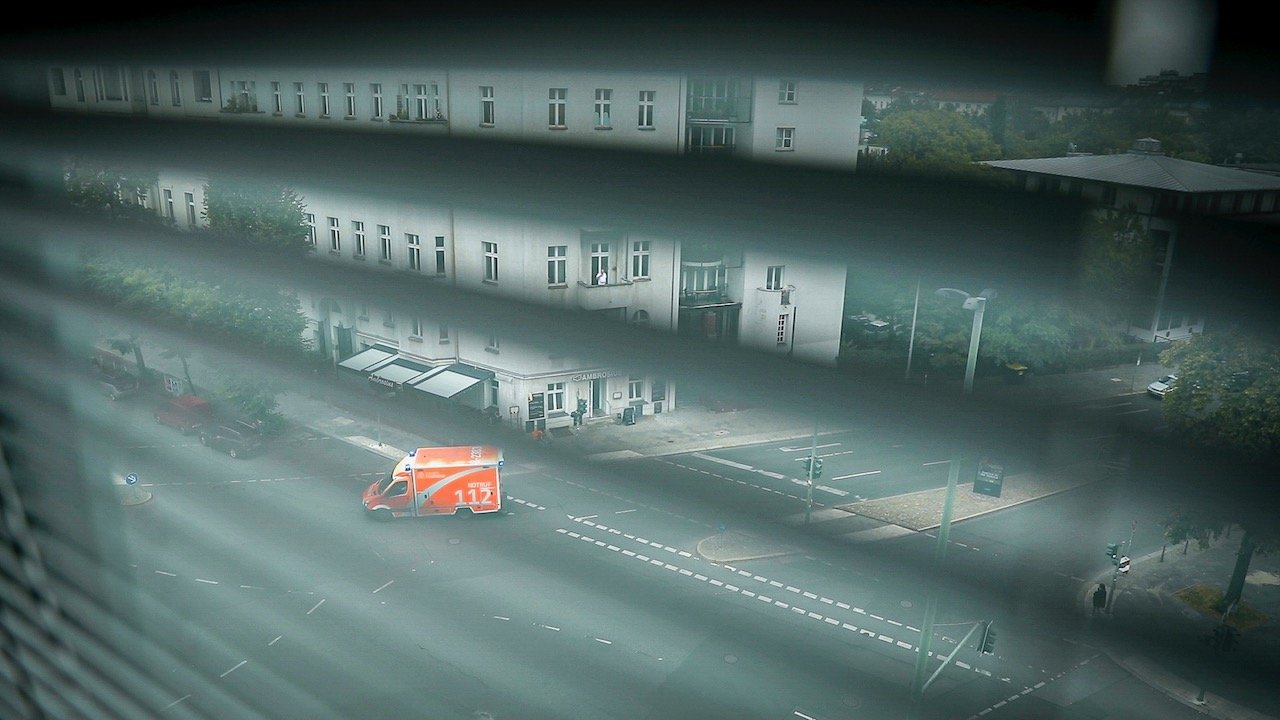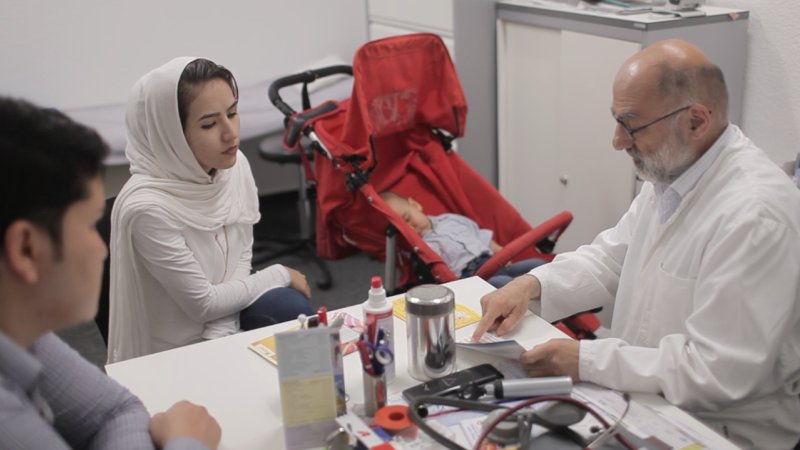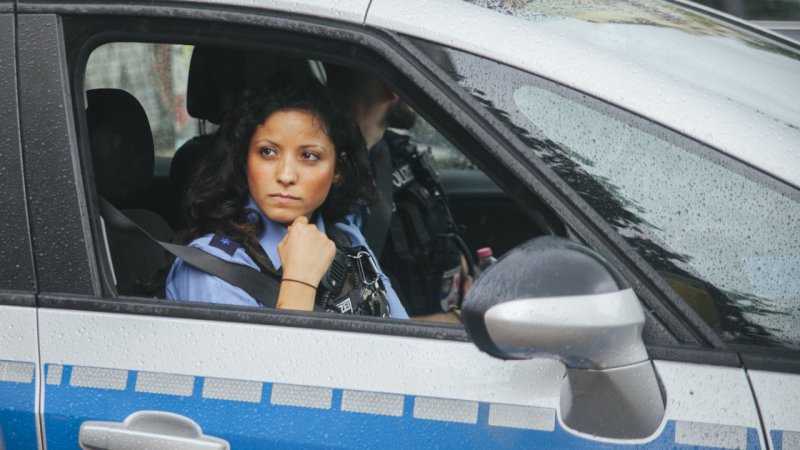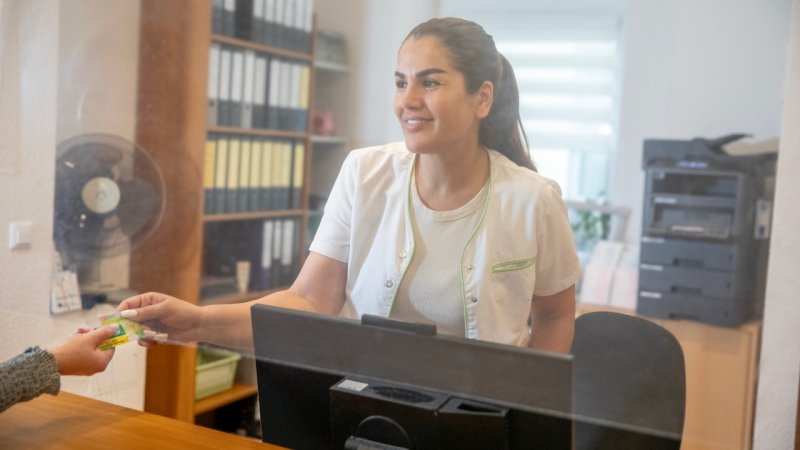
Emergencies can happen anywhere, anytime. An emergency is any situation in which people, animals or property are in danger. But who should one call in an emergency? Who can help? Here you can find out who to contact in which emergency. Employees of all emergency call centres speak German. In some cases, you can also ask for help in English or other languages, but there is no guarantee. If you don't speak any German yourself, seek help from a German-speaking person who can call the emergency centre for you.
Employees of the emergency call centres must know the following:
- Where is the emergency?
- What happened?
- How many are injured?
- What are the injuries?
- Who is reporting the emergency?
If you or anyone else is in danger, you can contact the police by calling 110. The call is free. You can find out more about the police in our chapter "Police in Germany".
For acute medical emergencies, if you or someone else needs help immediately, or in case you notice a fire or flooding, you can contact the emergency services or the fire brigade by calling 112. The call is free. In the event of a medical emergency, you can also go directly to the rescue centre of the nearest hospital.
Suppose it is not a life-threatening medical emergency, but you still need medical attention immediately. In that case, you can contact the "Medical Emergency Service" by calling, 116117 free of charge: The medical on-call service is available at any time and can help you with minor injuries or sudden symptoms (e.g. very high fever). The staff on the phone will either give you medical advice, refer you directly to an on-call practice, or send a doctor to your home.
If you or someone else shows signs of poisoning, you can call a poison control centre nearby, day or night. You can find the telephone number of the poison control centre in your area at bvl.bund.de.
If you need medication outside of regular opening hours, you must go to an emergency pharmacy. At www.apotheken.de and www.aponet.de, you can find pharmacies that are currently on emergency duty in your area.
Hospitals are not allowed to pass on your data to other people or authorities. So don't be afraid to go to a hospital in an EMERGENCY or call the emergency doctor. If it is not an emergency, you can also turn to an organisation that offers undocumented medical treatment anonymously. These organisations provide their services for free. They will not notify the Social Welfare Office or the Immigration Office about your visit/stay. You can search for such an organisation nearby on the gesundheit-ein-menschenrecht.de website. You can also look for anonymous medical assistance in your area on the Malteser and Medibüros websites.
If you see an emergency, it is critical to help immediately. Secure the location and make sure there is no danger to you or others. Then call 110 or 112. If there are injuries, give first aid. Even simple measures can save lives. Staff at the emergency call centre will provide you with precise instructions on what to do.
Yes. If you see an emergency and do not help, you are liable for prosecution for failure to provide help as specified in section 323c of the Criminal Code.
You may be punished with a fine or even a prison sentence. However, this only applies if it is safe for you to help. If it is too dangerous, all you need to do is report the emergency on 110 or 112.
First-aiders will not be held responsible for errors, injuries, or property damage. However, this only applies if you do not act incorrectly on purpose or with gross negligence.
Those who help in emergencies are entitled to compensation. If someone is injured while providing first aid, statutory accident insurance is responsible for compensation. On the German Statutory Accident Insurance website, you will find the accident insurance company responsible for your federal state. If damage occurs to your belongings, e.g. your clothing, the injured person's liability insurance is responsible for covering the expenses.
You can take a first aid course. There you will learn which measures are life-saving in which emergencies. The German Red Cross, the Johanniter and the Malteser Hilfsdienst regularly offer such courses. These courses usually cost 20 to 40 euros and usually only last a few hours. This means you can finish the course within the day.
There are also apps with a lot of information about first aid measures. Although these do not replace a course, they can give you a good impression. A free first aid app (in German) is available, e.g. at DRK.
No. Anyone who takes photos or videos of accident victims is liable for prosecution. You may be punished with a fine or a prison sentence of up to 2 years.
Do not be afraid to dial the emergency number in an emergency. The staff are there to provide you with the help you need.
The support hotline for the victims' of violence against women is accessible round the clock and free of charge in 17 languages.
Here you can find multilingual health-related information which can also help you better communicate with your doctor.
How to best handle an emergency? Here are some helpful tips (in German) from the Health Information Foundation.


